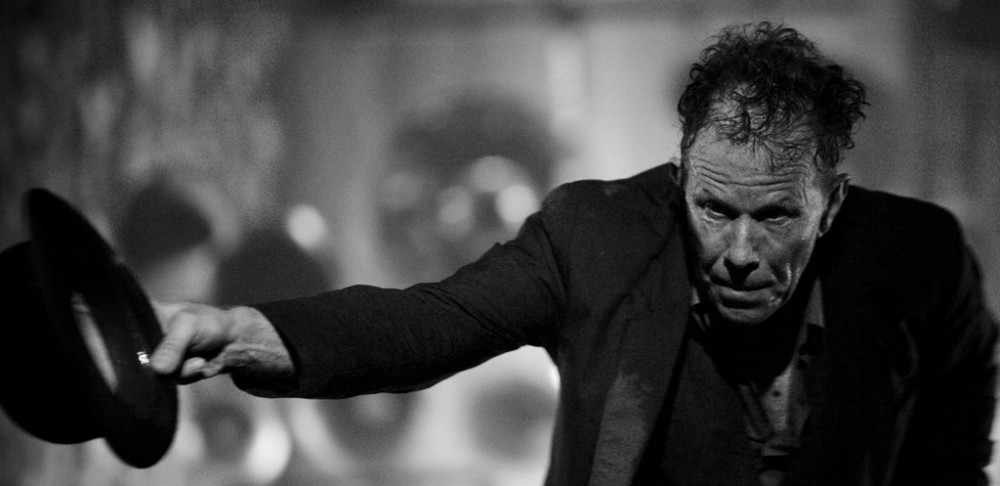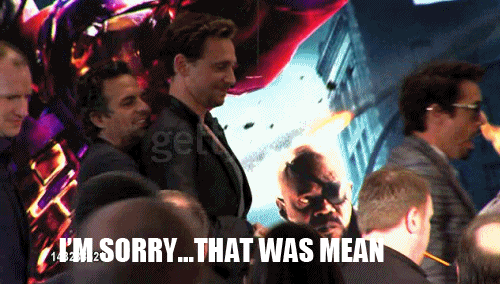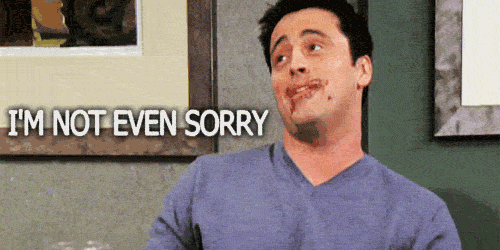Every once in a while I find myself making my way through Walmart. It’s normally a decision I regret, in fact, maybe even one I pregret, as it is almost always fueled by some consumerist desire to accumulate an even vaster DVD collection. Anyways, last week I found myself wandering the aisles, when I spotted a young boy looking through the posters. For whatever reason – perhaps I was curious to know his poster of choice, or simply a good Samaritan, questioning where his wandering mother might be – I watched to see what poster he would pick.
The pickings were slim, an updated versions of what Walmart stocked back in my day: modernized Pokémon, ACDC, “Keep Calm Carry On”, Hunger Games [aka Jennifer Lawrence (aka my pick)], and the forever current Elvis Presley. The boy passed them by, even making short time of a One Direction poster. As he whittled down the options, a pack of pre-teen girls shooed him off and had their way with the posters, stopping specifically at the One Direction. Each one of them called dibs on a certain boy, and after swooning uncontrollably, left with a sigh and a giggle. The fascinating thing is that as the boy wandered up the second time, he stared up at One Direction, as if for the first time.
His mother walked up, he asked if he could get that poster, and I turned to walk away. Who knows if his mother caved, who knows if the boy missed the poster the first time, but I assume he had, and the girls changed his mind.
You hear a lot of talk these days. You hear that our attention spans have eroded, that the twitter generation needs a headline in 20 characters or less. We’re lazy; we have music, books, and information at our fingertips, maybe even complacent towards how much the world has to offer us, but some things don’t change. That boy, whether he knew it or not, got what I can only assume marketers are forever attempting to capture: the perfect promotion, at the perfect time – so subtle that he wasn’t sure what happened.
It’s easy to look on the kid and think he’s unaware, but it’s more than that. It happens for the same reason that every time I hear David Bowie sing “Heroes” I want to be in suit and holding a cigarette. Despite all I’ve learnt about their impact on my health and the environment, it’s a pure accident as far as desires go, and I love it. Sometimes there’s nothing else.
https://www.youtube.com/watch?feature=player_embedded&v=sP-tjQ71Ei4





